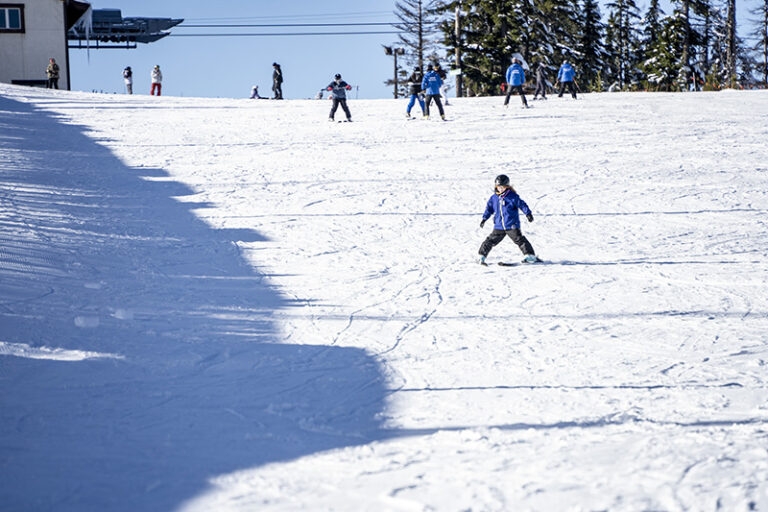Reading, and especially reading on paper, is so two-generations ago. Despite an uptick in our post-pandemic world book consumption, the trend of reading is a downward slope toward the abyss of 140-character tolerance levels. Not you of course, because you’ve already made it this far. If that makes you feel a little righteous, it should.
That’s because studies show that reading benefits everything from our neuroplasticity to our mental wellness. Reading improves our memory and focus, and increases our attention span. Studies show that reading just a few minutes a day can significantly reduce stress and reading before bed improves sleep.
But what is perhaps most promising about reading is how it impacts our social and communication skills, tolerance and curiosity about the “other,” and expands our minds with new perspectives. In a time of divisiveness, when wars are being fought over ideologies and histories distant or unrelatable to our own, books can offer a deeper understanding of the complexities at play.
Books teach us empathy. They help remove the mystery from contemporary issues we are less familiar with. As a cis-gendered white woman in North Idaho, for example, I am sheltered from issues of great import in other areas. Raising a gender-queer teen is making me acutely aware of just how ignorant I am. While I’m still removing my foot from my mouth often, at least I’m beginning to understand how it got there.
As social media and snippets of internet reading have infiltrated my life, I’ve had to get intentional about real reading. I suspect that social media and television have generally weakened our proactive consumption of mind-food. We are a nation that has passively accepted a filter of algorithms and stopped asking altogether what might interest us. We’re spoon-fed information that has been curated for us by those who don’t necessarily have our best interest at heart. Read one post on architecture and suddenly you think you want fancy new wallpaper and an LA bungalow.
My goal last year was to read 30 books and the list I keep every year looks like a barometer of my internal life. It reveals my journey and the state of the world at the time, as does my choice of favorites. I was buried in “Lincoln in the Bardo” during a friend’s suicide. What a balm to my aching soul, to imagine him wandering around my living room. (Reading, not surprisingly, is also shown to help with grief.)
Last year’s list had everything from methods of meditation to exploration on abuse in the church. It had Nobel laureates whose names I’d never heard of from lands I’d never been to. It had stories of slave history, banned books (they are often the best), old classics (“Watership Down,” because mid-life is a great time to read about the adventures of bunnies), new releases, and a clear pattern: I read not only to better understand myself, but to better understand others.
Reading, I am sure, could bring world peace. And maybe that’s what I’ll start this year reading about. Right after I finish these books on plastering methods. //
Ammi Midstokke lives in the foothills of the Idaho Selkirks with her family. She’s currently building a new house and spending her outdoor time hanging cedar siding and her indoor time learning how to plaster.













